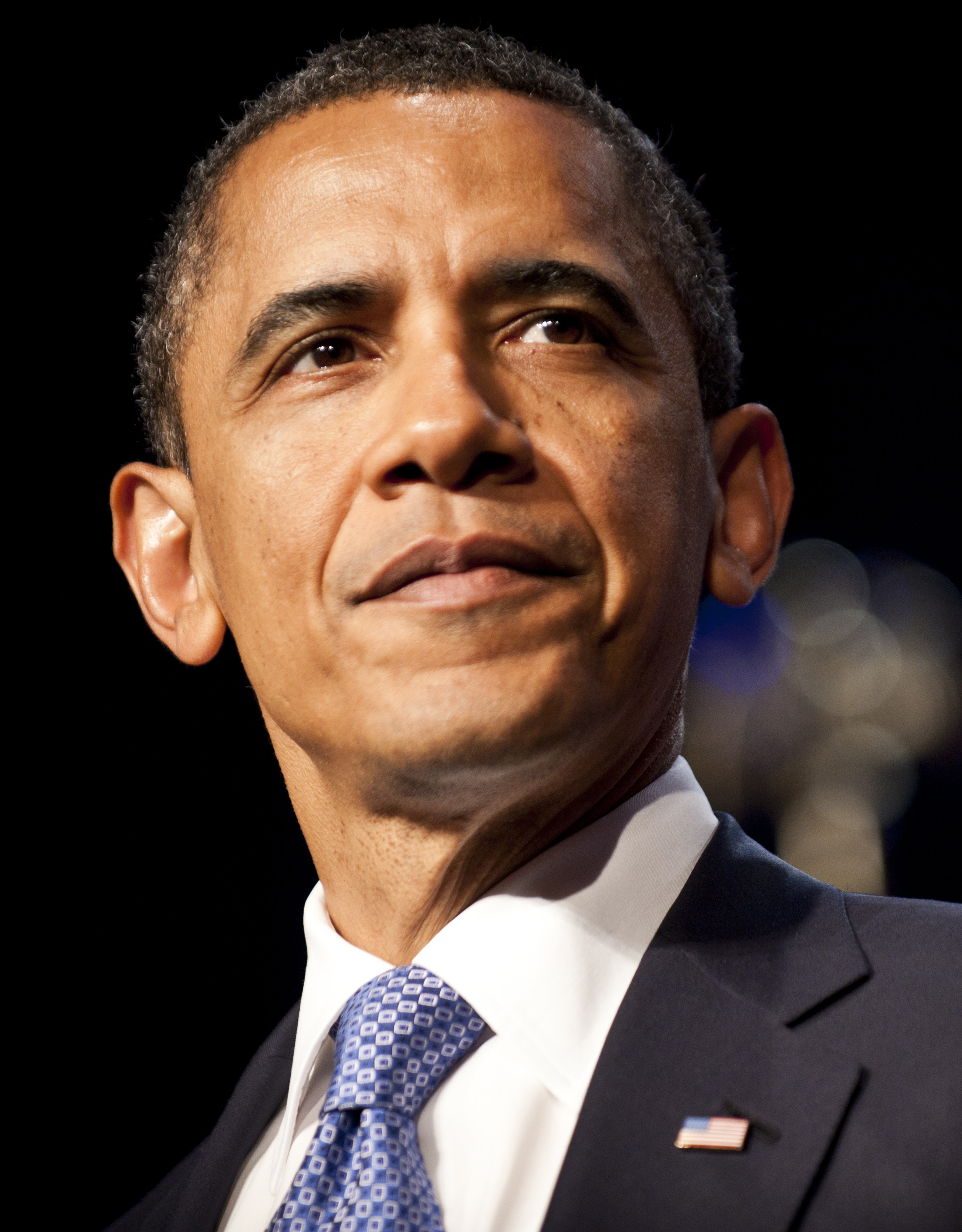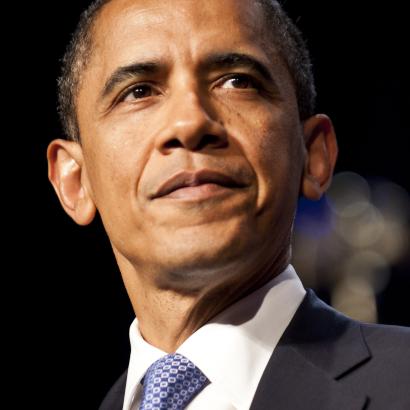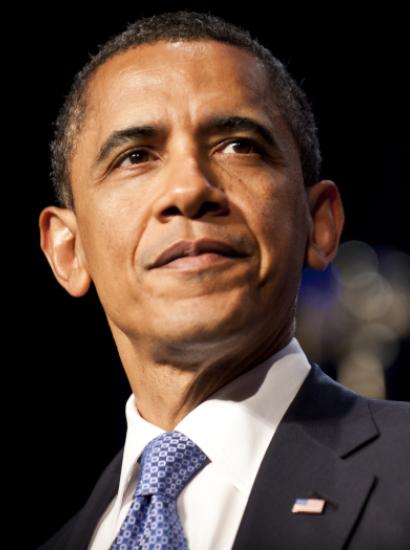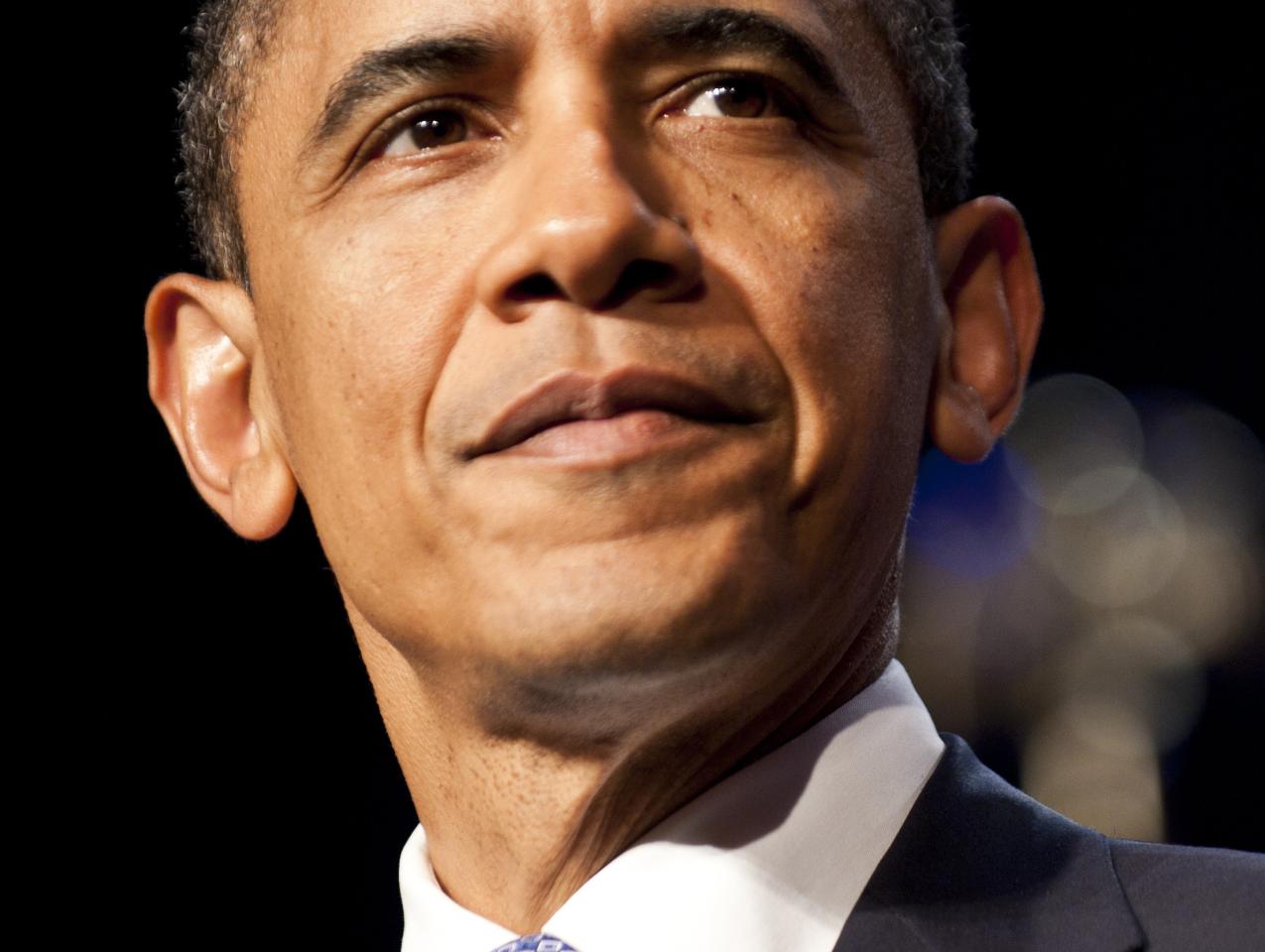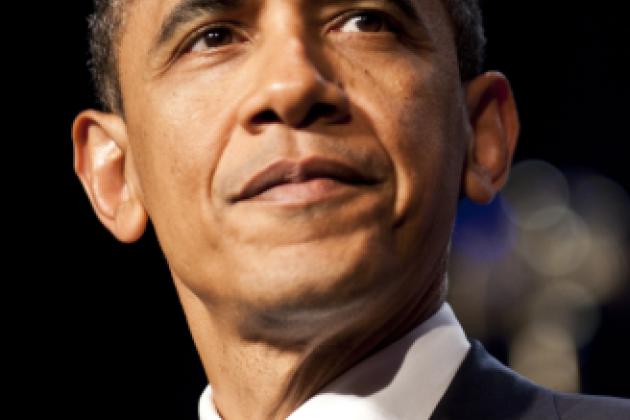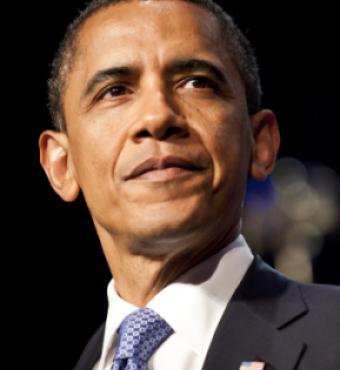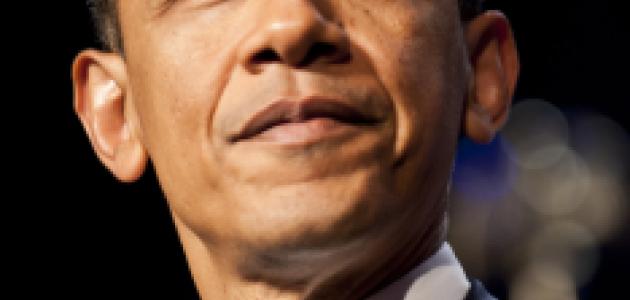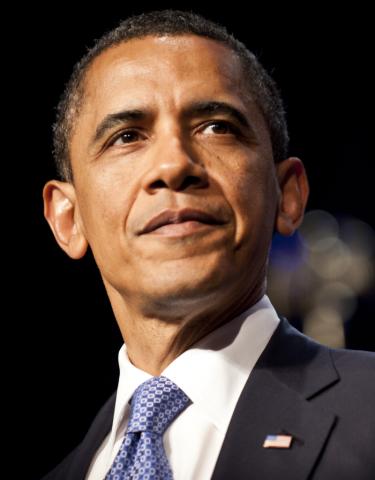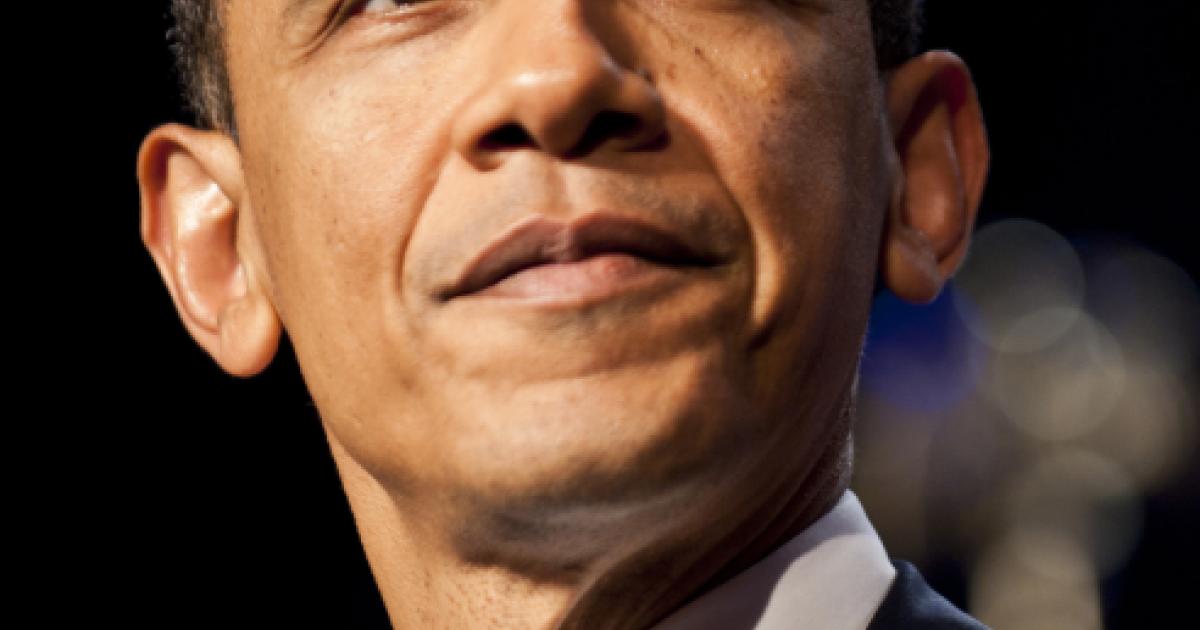- Politics, Institutions, and Public Opinion
In his State of the Union address, President Barack Obama painted a rosy picture of his administration’s work both in foreign and domestic policy. Reviewing the speech, it becomes clear that his failures both at home and abroad stem from his fundamental misconception of his own role.
In working with matters overseas, the President must lead. The most that one can expect of Congress is to authorize or ratify the actions that the President must implement. Presidential leadership, announced in a single and decisive voice, is essential, for no one can expect a deliberative body to take the lead in foreign statecraft. On domestic affairs, the opposite stance is appropriate. It is wise in general to look to the Congress to take some leadership in setting basic social and economic policies. But the President gets this division of labor exactly backwards. He is far too passive on foreign affairs and far too meddlesome on domestic ones, which is why his policies in both domains have failed.
Starting on the foreign policy side, Obama’s policies are driven by the flawed proposition that “smarter” leadership lies in building coalitions that “combine military power with strong diplomacy.” This position, he said in his State of the Union, pays concrete dividends: “In Iraq and Syria, American leadership—including our military power—is stopping ISIL’s advance. Instead of getting dragged into another ground war in the Middle East, we are leading a broad coalition, including Arab nations, to degrade and ultimately destroy this terrorist group.”
It is all wishful thinking. Militarily, it is never enough to stop an advance if it allows the enemy to use the breathing space to entrench itself further in the places that are under occupation. Obama’s word choice of “ultimately” allows for endless equivocation and delay. The odds of putting together an effective coalition without demonstrable leadership are slim to none, for the President’s only firm commitment—not to use ground troops ever against ISIL—signals to our allies that they too can discharge their obligations by flying the occasional sortie against ISIL positions.
The President may think that it has been an accomplishment to reduce over the past six years the number of American troops in Iraq and Afghanistan from close to 180,000 to under 15,000. But to everyone else, the civil disorder attributable to American disengagement signals that America is not an ally to be trusted.
The President therefore grossly miscalculates when he concludes that “The shadow of crisis has passed, and the State of the Union is strong.” Unfortunately, the facts on the ground show the opposite. Right now the President is bogged down in negotiations with the Iranians over their deployment of nuclear weapons. Little visible progress has been made to date.
Originally, the President supported at most a six-month moratorium on sanctions in order to lead the Iranians to the bargaining table. Yet when faced with their stalling tactics, he has pleaded for additional time, thus backing away from his explicit promise to keep a firm deadline for making a deal and vowing to veto any legislation that tries to firm up the initial position. Congress may well intervene to keep him to his original word. Generally, this kind of interference is most unwise, but the bipartisan unhappiness on the Iran problem reveals a complete and bipartisan breakdown in trust between Congress and the President.
Another sign of foreign policy disarray was the Congressional invitation to Israeli Prime Minister Benjamin Netanyahu to address the United States Congress in the middle of his own election campaign in Israel. When the President goes off track, the Congress tries the risky tactic of compensating for his errors, making it easy for everyone to second-guess its decisions.
It is also no surprise that the Russians under Putin have extended their offensive activities in the Ukraine, with a new attack on the key port of Mariupol in Eastern Ukraine. Why not, when the United States will not supply Ukraine any military weapons for self-defense? But to the President, his policy has succeeded “by opposing Russian aggression, supporting Ukraine’s democracy, and reassuring our NATO allies.” With support like ours, what are friends worth? “Speak softly, and carry a big stick” may not be the prescription for sound foreign policy, but it is equally dangerous to lurch to the opposite extreme: “Speak loudly, but carry a tiny twig.”
The President, through his foreign policy, has lost the confidence of his allies across the globe and has emboldened the aggressive behavior of our enemies. Lacking confidence in the United States, our allies will have to fend for themselves, which helps explain the hopeless impasse in the Israeli-Palestinian negotiations, and the recent coup in Yemen, to which a few drone attacks are no response. There is also the strong likelihood that Afghanistan will lapse into further violence. It boggles the mind that the President can gloss over such massive failures with empty platitudes.
The situation on the domestic front is different. On these issues, the President knows that none of his short-term proposals are likely to get through a Republican Congress that is set against further tax increases and government transfer payments. But he nonetheless charges forward in an effort to build a populist political base that will perhaps in time enact most of his program.
But politics aside, the President wholly fails to understand the importance of economic growth in his relentless attack on economic inequality. The difference between these two programs is striking. A growth-program seeks to expand the size of the overall pie, trusting that the able and hardworking people whom the President lauds will be able to garner their share of the pie. The key point here is that gains from growth are sustainable because no firm has any incentive to back away from employment contracts that work to its own advantage. The hands-off policy thus improves economic incentives and reduces administrative overhead at the same time.
None of this makes the slightest impression on the President, who has concluded that his own brand of “middle-class economics works.” At one level, he is surely correct to insist that everyone “gets their fair shot, everyone does their fair share, and everyone plays by the same set of rules.” But it hardly follows that the way to make “working class families feel more secure” is to ply them with a set of educational, housing, and health care subsidies, all of which have to be paid for by someone else, whose life is made less secure by the constant threat of ad hoc government intervention.
Indeed, it takes a remarkable amount of intellectual ingenuity to think that the President’s policies can achieve a fraction of their lofty ambitions. Start with the situation in the employment markets. A sensible policy is to reduce the barriers to exchange that are imposed by taxes and regulations. But the President is buoyed to move in the opposite direction by putting his support behind labor unions that inject massive inefficiency into labor markets.
He speaks about the 11 million jobs created since the depths of the last recession. But his claim is full of holes. Right now, the total number of employed individuals in the United States is about what it was six years ago, notwithstanding a population gain of over 15 million people. Worse still, virtually all the gain in employment has come from part-time employment, which is encouraged in part by the Obamacare mandate that stipulates that employers must provide health care insurance for those who work 30-hours a week or more—a topic on which the President was mysteriously silent in his State of the Union address.
Unfortunately, the President has already proposed an increase in the capital gains tax to 28 percent for people who earn more than $500,000 in order to fund a variety of educational programs, chiefly by offering a free ride to students who attend community colleges and maintain a 2.5 average, which he hopes would hone skills needed for middle class jobs, but which is more likely to lead to grade inflation. But the argument is wrong on both sides. Proprietary schools are more likely to train people for jobs than community colleges, because they face market responses when they don’t perform. The President’s program thus increases government subsidies without any promise or expectation of improved performance.
Yet the increase in the capital gains tax creates a double whammy. The first point is that the reduction in capital investment that this tax promises will make it more difficult for wages to rise. The simple proposition here is that capital and labor are complementary goods, so that higher wages depend on the better facilities and equipment that makes labor more productive. The second point is that the increase in capital gains rates is likely to translate into a reduction of taxable income. Unlike income from earnings, the capital gains tax is only triggered by a sale or other disposition of property. The high tax results in a reduction of the number of sales. That in turn not only decreases tax revenues, but also the efficiency of the capital markets, because it is more costly for people to switch their investments from inefficient to efficient firms.
Ideally, we should have a consumption tax that is not keyed to how income is acquired but to how it is consumed. On that view, all capital gains, if reinvested, will escape taxation, thereby increasing the level of productive capital. But the President always misconceives of taxation as a zero-sum game, thereby paving the path for increased transfer payments away from the top 1 percent to everyone else. But it is a mug’s game, for unintended consequences matter, as the slow but persistent eight-percent decline in median income levels over the last six years reveals.
So there it is: An upside down world in which the President abdicates leadership on foreign affairs, and wants to overregulate on the domestic side. It will be a long two years.







